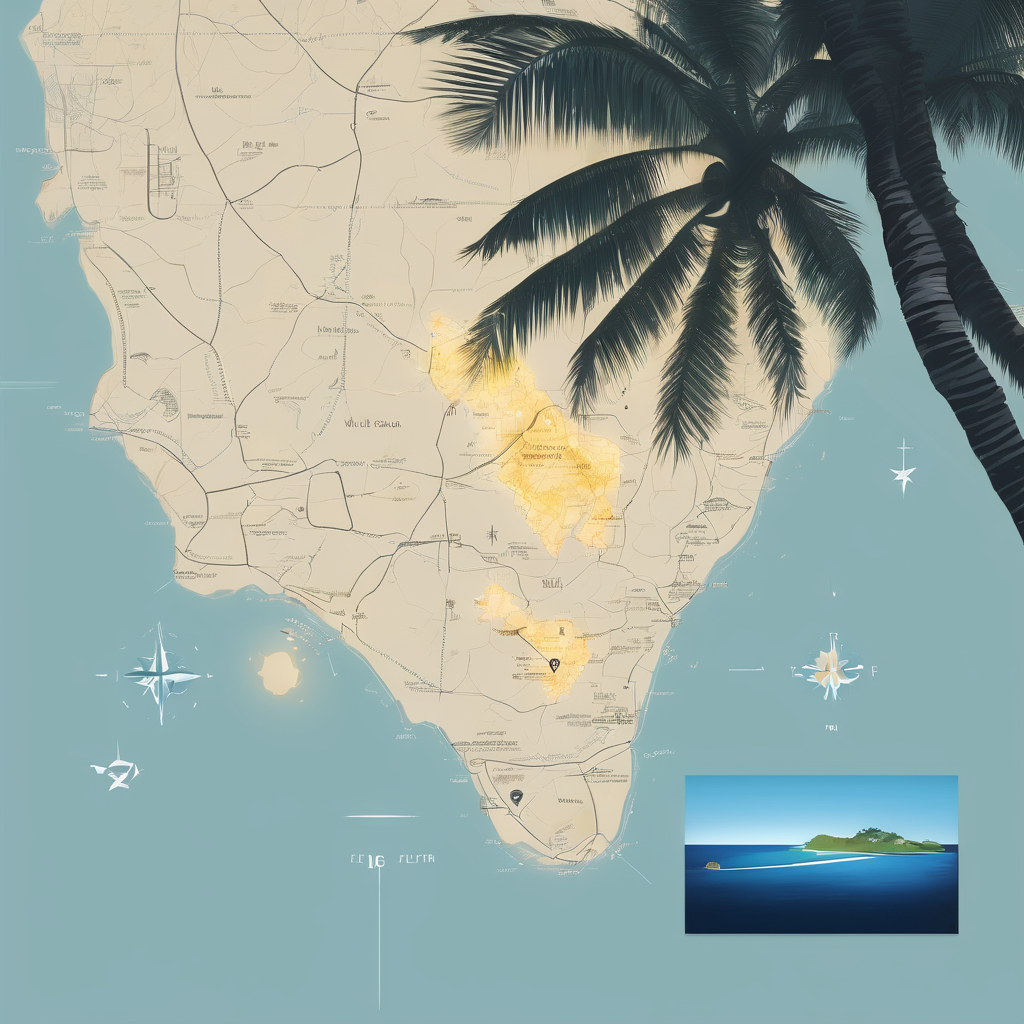The South Korean religious group Grace Road is facing heightened scrutiny following the recent U.S. State Department Trafficking in Persons (TIP) report, which critiques the Fijian government’s handling of alarming allegations against the organization. The report points to serious concerns of human trafficking and forced labor linked to Grace Road’s operations in Fiji, amidst ongoing claims about the group’s cult-like behaviors and the prior criminal conviction of its leader for violent acts.
The TIP report highlights that significant evidence of forced labor connected to Grace Road has been present since at least 2018. Despite this, the Fijian government has not pursued any prosecutions against offenders or taken appropriate action in response to INTERPOL Red Notices issued for four of the group’s leaders. This inaction raises questions about potential complicity within official circles, allowing the group to flourish in various sectors, importantly in restaurants and construction.
Pio Tikoduadua, Fiji’s Minister for Defence and Veteran Affairs, acknowledged during an interview that the government had engaged with the issues surrounding Grace Road when he was Home Affairs Minister. He emphasized that any legal proceedings rest with the judiciary. Meanwhile, Policing Minister Ioane Naivalurua chose not to comment extensively on the TIP report, directing questions to the Ministry of Immigration. Immigration Minister Viliame Naupoto pledged to address the media at a later date regarding the situation.
Fiji remains on the U.S. Tier 2 Watch List for human trafficking for the second consecutive year. The latest TIP report acknowledges some government efforts but reflects that these actions have not resulted in substantial improvements, indicating that Fiji still falls short of fully meeting international standards to combat trafficking. The issue of official complicity continues to undermine anti-trafficking measures significantly.
Despite the alarming circumstances, the Fijian government has undertaken steps to enhance awareness and victim support, indicating a willingness to address trafficking more seriously. These actions include launching additional trafficking investigations and expanding victim services, though no new prosecutions have occurred in the past year. The ongoing reports of trafficking linked to Grace Road underscore the pressing need for accountability and protective measures for victims.
The situation has led to a growing recognition of the problem among Fiji’s leadership and civil society, with various stakeholders advocating for more robust actions, including increased prosecutions and improved victim support services. There is a collective optimism that the heightened awareness and commitment to combat human trafficking can pave the way for significant reforms, enhancing protections for vulnerable populations in Fiji. While the challenges remain daunting, the dedication toward tackling such critical issues holds promise for future progress.
